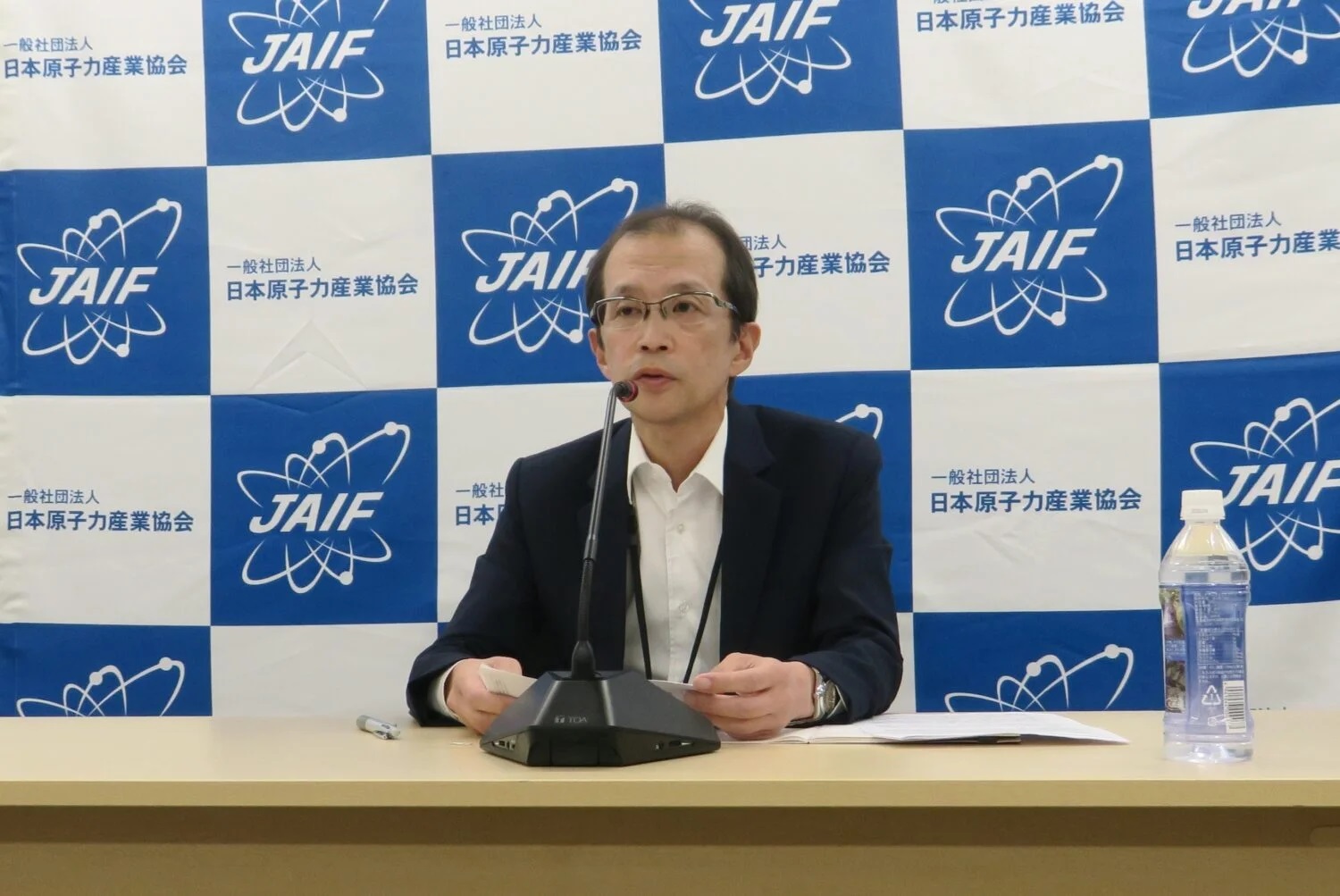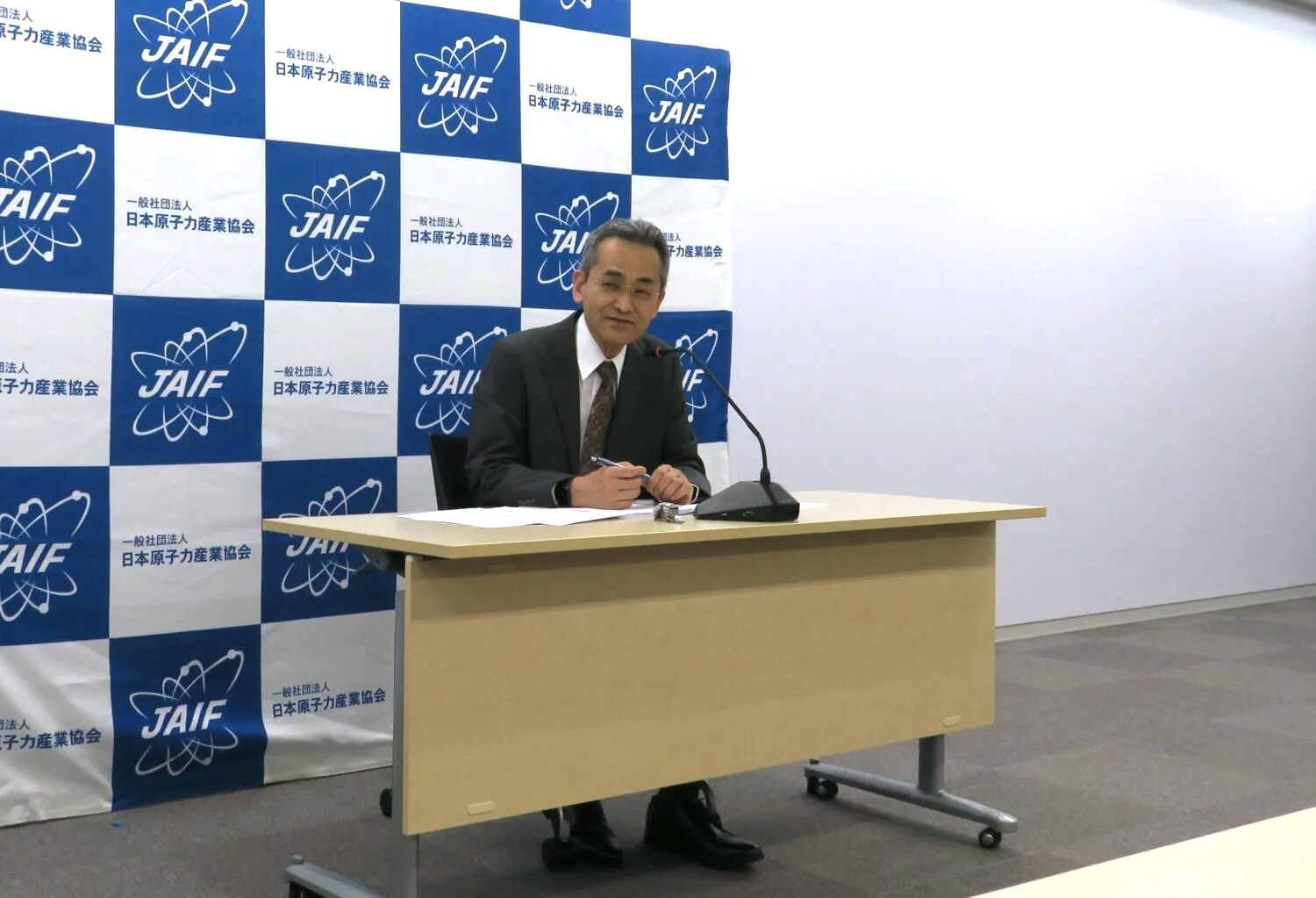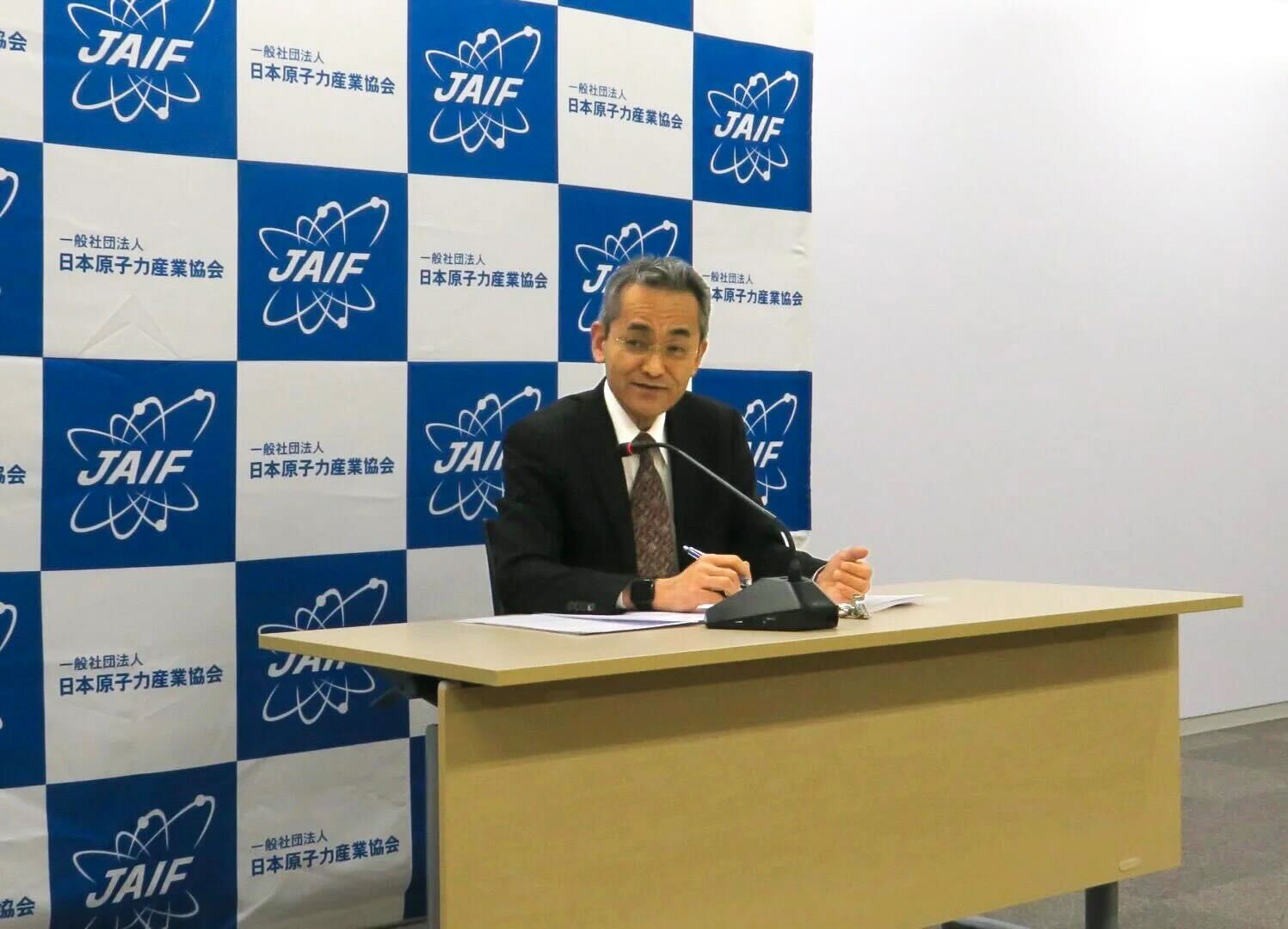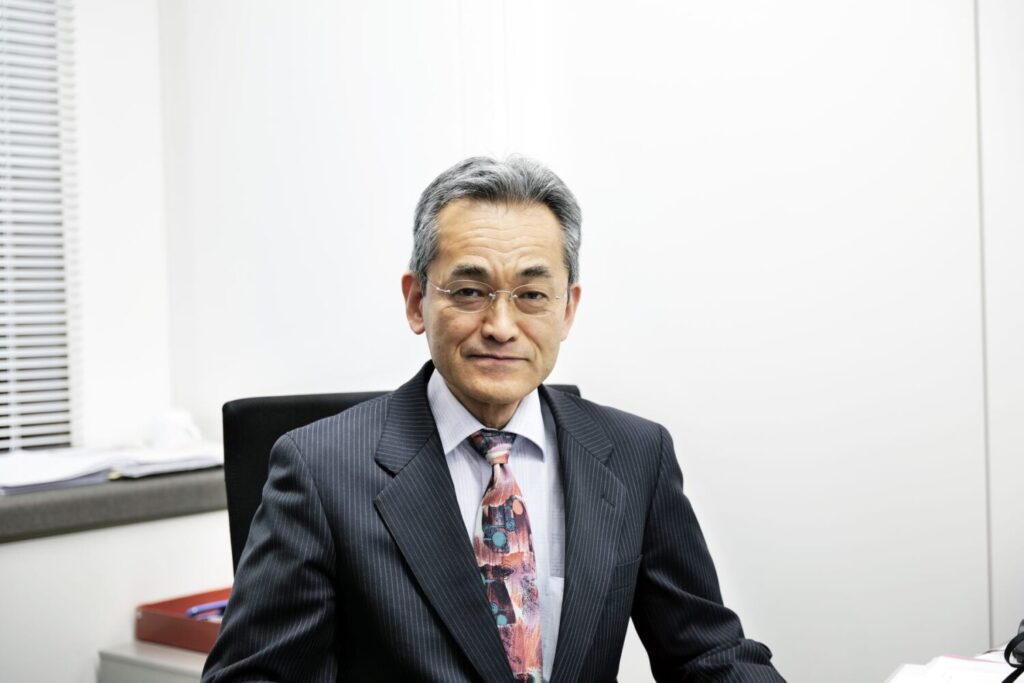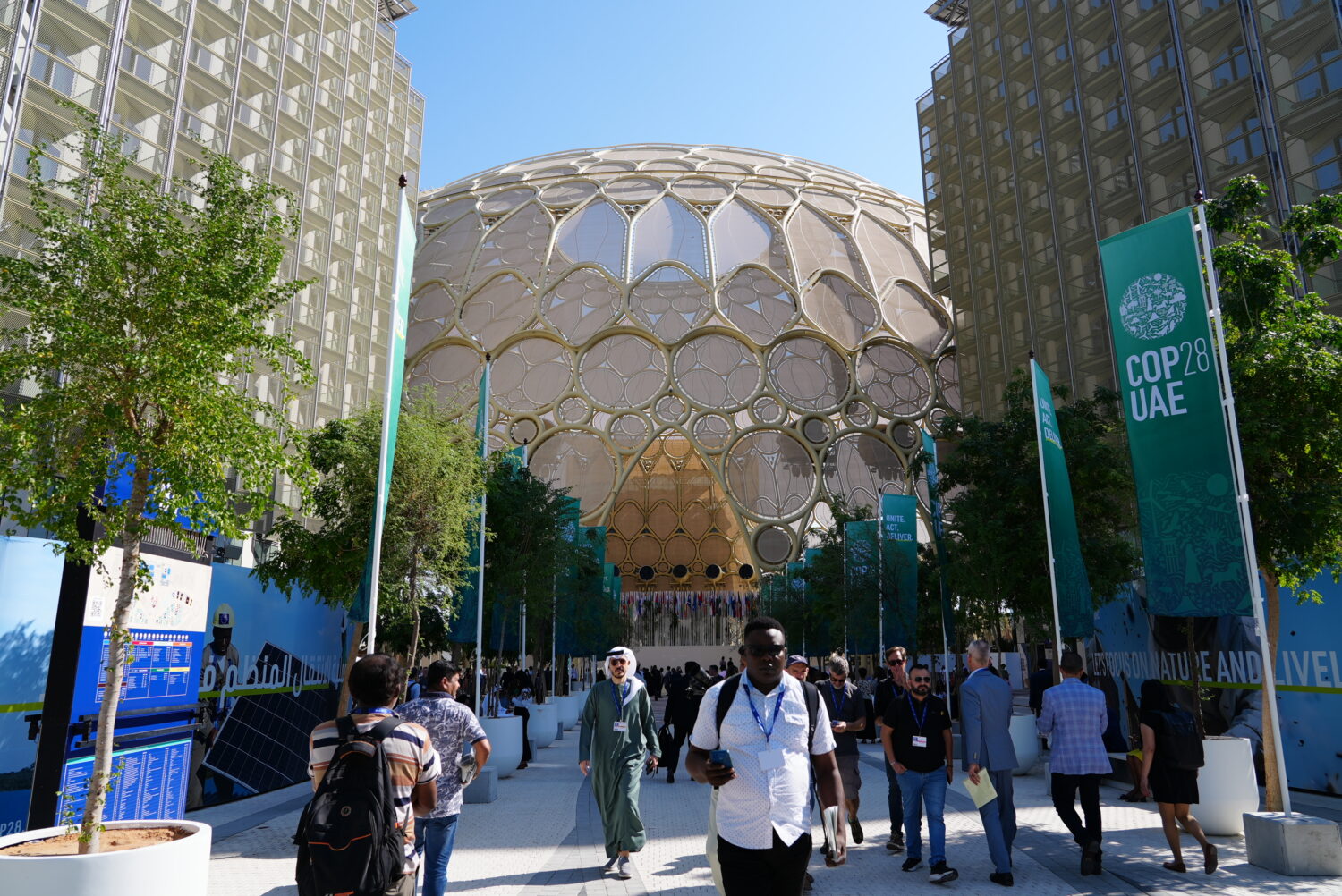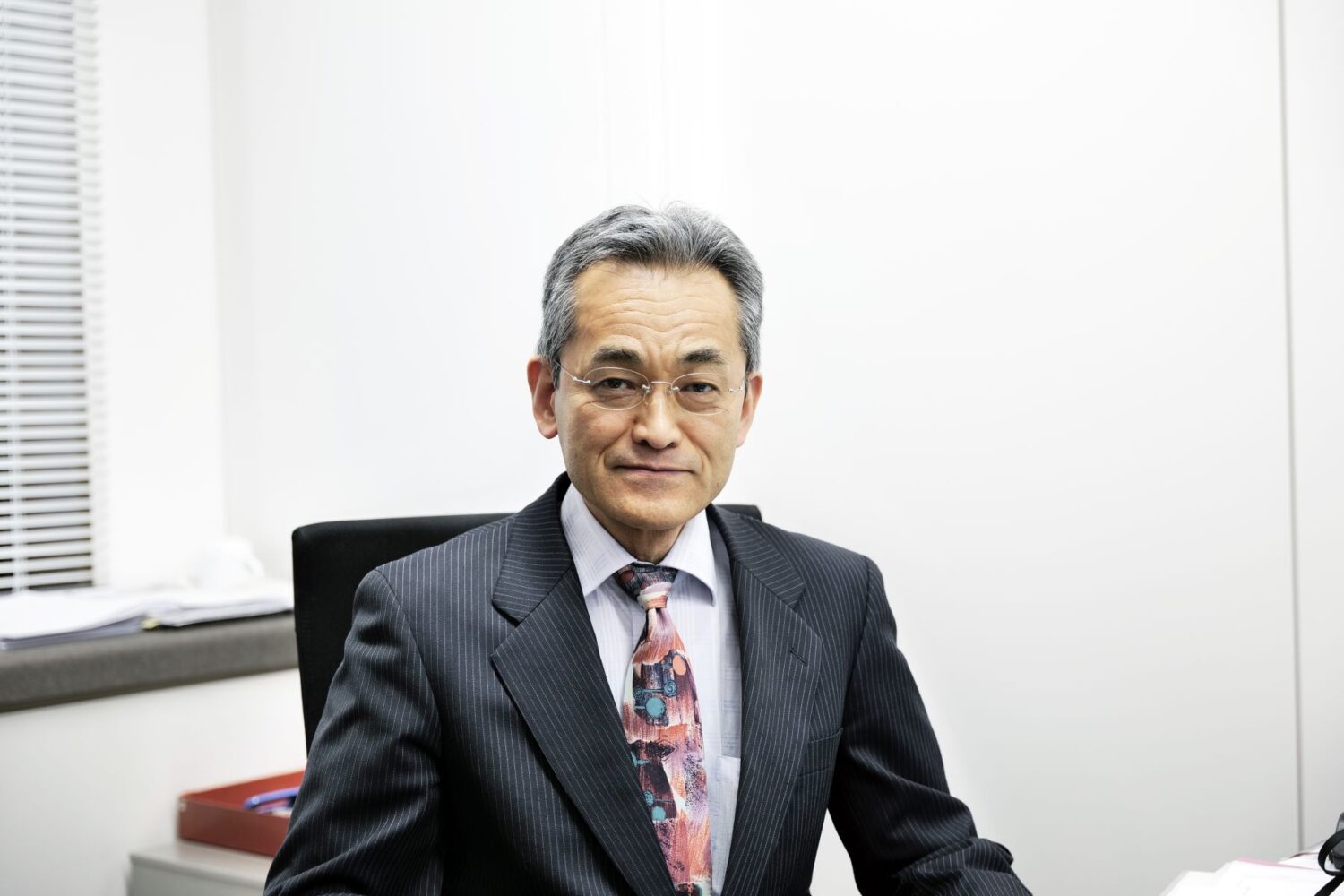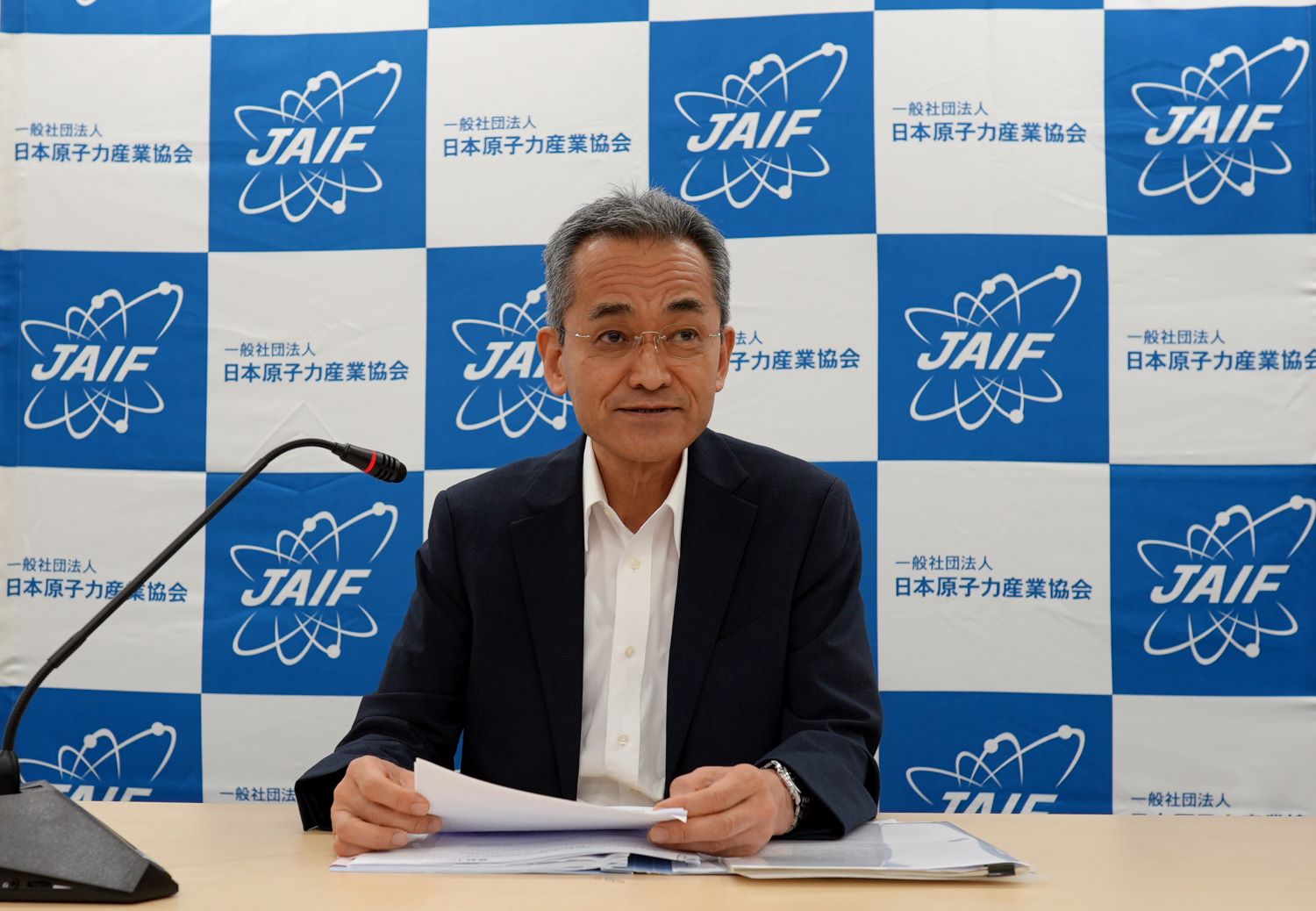Japan, not only in order to meet such expectations but also to maintain and develop its domestic nuclear industry, needs to be engaged, in a planned fashion, in fostering the young leaders who can shoulder leadership roles in nuclear energy projects, both in Japan and in other countries, with an international perspective. In the Nuclear Human Resource Development Network, which the Japan Atomic Industrial Forum, Inc. (JAIF) serves as the joint secretariat, related organizations from industry, government and academia are joining forces to mutually cooperate in activities and enterprises so as to develop such human resources in Japan and elsewhere.
I would now like to introduce two activities whereby JAIF is involved with the aforementioned network in fostering human resources globally.
1. Directing Activities Conducted in Japan by the Joint Japan-IAEA School of Nuclear Energy Management
Together with the Department of Nuclear Engineering and Management at the University of Tokyo, along with the Japan Atomic Energy Agency (JAEA) and the JAIF International Cooperation Center (JICC), JAIF hosts the activities taking place in Japan by the Joint Japan-IAEA School of Nuclear Energy Management. The school aims at fostering young personnel, both from Japan and abroad, who will be able to serve as the future leaders in drawing up and managing nuclear energy projects.
The school, hosted jointly with the International Atomic Energy Agency (IAEA), will be held during the current fiscal year for the fifth time ever. This year’s activities will take place in Tokyo and Fukui, with cooperation from the Wakasa Wan Energy Research Center. A solid three-week program has been organized, with lecturers dispatched from related organizations taking part in the Nuclear Human Resource Development Network, as well as cooperation from them in terms of facility tours. The school has also been effectively utilized as a venue for the formation of personal networks on an international scale.
2. Support for Participation by Japanese Personnel in the World Nuclear University Summer Institute (WNU-SI)
Every year, a study program called the World Nuclear University (*1) Summer Institute (WNU-SI) (*2) is held with the goal of fostering the next generation of leaders to serve at the vanguard of the field of nuclear energy in the globalizing 21st century. The WNU-SI consists of a six-week-long course in English enabling participants to gain awareness of a wide range of issues related to nuclear energy, letting them engage in problem-solving activities through discussions with fellow participants from around the world, thereby enabling them to develop a global viewpoint. JAIF has initiated the Takashi Mukaibo (*3) Memorial International Human Resource Development Project, which aims to foster young leaders capable of serving both domestically and abroad in the field of nuclear energy. The project, implemented since fiscal 2008, has supported the participation in the WNU-SI by young Japanese engineers, researchers, and university academicians, with the dispatch of 27 such persons having been assisted so far.
At a meeting held last month by previous participants in the WNU-SI, a report was presented demonstrating how its graduates have been active, after completing the course, as key players in duties related to globalization, exerting their leadership. Besides having been given the opportunity to be involved in activities responding to foreign regulations and standards, many have also been posted abroad.
Needless to say, actively taking advantage of such international training aids in the development of human resources who are focused on globalization, so I hope that many young engineers and researchers involved in nuclear energy would enthusiastically avail themselves of such courses. Additionally, though such courses require a long period of time, I would hope that related organizations would appreciate the significance of that international training and actively send their young members to take part in them.
In order to gain the understanding of related organizations, JAIF aims to spread awareness of the significance and fruits of such training, calling for broad participation in them, so as to continue its contributions to the development of human resources capable of serving as world leaders in the field.
Notes:
*1. World Nuclear University (WNU): An international educational framework, established in 2003, chiefly by the World Nuclear Association (WNA), the World Association of Nuclear Operators (WANO), and the IAEA, for the purpose of the peaceful utilization of nuclear energy.
*2. WNU Summer Institute (WNU-SI) course: A fee-charging training course, conducted over approximately a six-week period, with the participation of around 70 professionals (administrators, engineers, researchers, etc.), each aged 30 or so, gathered from more than 30 countries yet to introduce nuclear power. In the course, which is carried out in the form of residential training, the participants listen to lectures about issues directly from people involved in nuclear-related international organizations as well as from current leaders from various countries, after which they conduct discussions and debates in small groups, and finally deliver presentations about their own conclusions in front of the rest of the students. The aim is not to serve as a venue for the acquisition of knowledge, but rather to enable participants to develop the ability to solve problems, and to help them establish personal networks with other members from the same generation. The course is effective in fostering administrators from various countries and future corporate leaders. The course, conducted entirely in English, has been operated since fiscal 2005.
*3. Takashi Mukaibo (1917-2002): As the first science attaché to the Embassy of Japan in the United States, Mukaibo played a significant role coordinating the atomic agreement between the two countries in the 1950’s. He also served successively as the 21st president of the University of Tokyo (1977-81), the deputy chairman of the Atomic Energy Commission of Japan, and the chairman of the Japan Atomic Industrial Forum. Besides his leading role in the area of nuclear energy in Japan, he also made valuable efforts fostering young people domestically and abroad.




